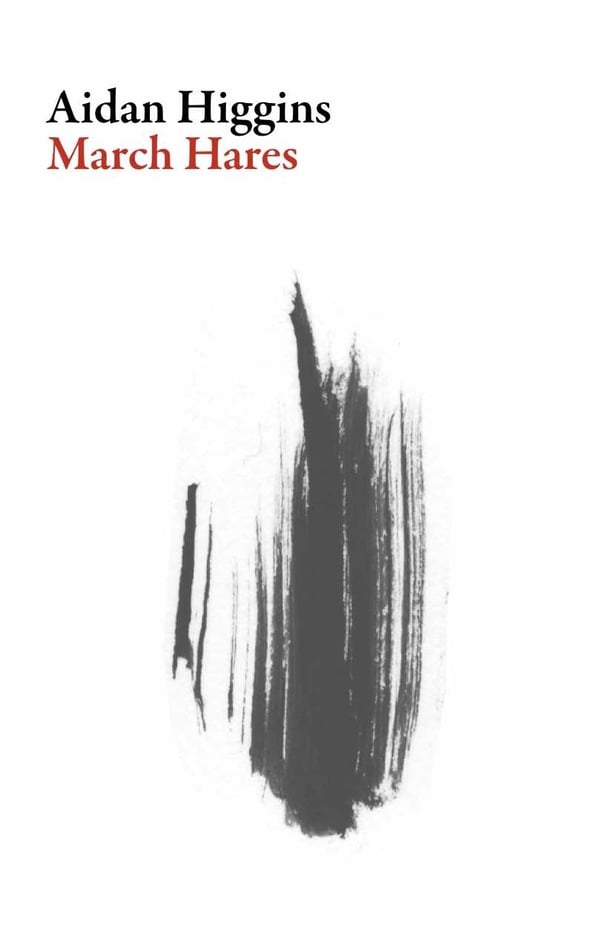March Hares collects disparate pieces, short vignettes, essays and lectures on writers and writing from Langrishe, Go Down author Aidan Higgins (1927-2015).
The 286-page collection features brightly-provocative essays, lectures and disquisitions on literature and allied subjects. In an interview, conducted with German journalist Ursula Mayrhuber in 1989 and included here, Higgins declares that "Joyce is an absolute curse for an Irish writer", and "both a strength and an impediment."
The late Susan Sontag is taken down mercilessly for the outlandish things she is doing in a production of Beckett’s Waiting for Godot in Sarajevo, while Beckett, a personal friend, surfaces regularly and is more fondly recalled. Günter Grass in Amsterdam recalls a literary festival in Amsterdam in the late '60s or early '70s – he is vague about the encounter, and wonders indeed if he is conflating two visits to the Dutch city. In any case, he declines to join a panel distinguished by the presence of Mary McCarthy and Grass who were there to discuss Literature and Politics.
Higgins claimed he saw no connection between both subjects, hence his remaining schtum - well and good, not worth more than the few words he gives it, cutting instead to the chase. A lamb was to be slaughtered in the kitchen, but one of the serving girls takes hold of the microphone to make a protest. Plates fly through the air and break up at the feet of the orchestra, while Grass sports `a wolfish grin.'
The discursive, aleatory style is akin to the work of the diarist Simon Gray, the late lamented author of the splendid The Last Cigarette and a number of other hilarious diaries. Higgins has same kind of fusty or fussy curiosity, something that is mildly remarkable, is worth its share of deliberation and mulling over. Everything, in short, is strange. In a piece called Pinter’s Pad he analyses handwriting, checking out manuscripts from Faulkner, Yeats and Joyce and observing that the latter two had similar styles of handwriting.

'If the downstrokes descend lower than the vertical ascend, you are dealing with a depressive, a melancholy soul,' he observes, while also revealing that his first wife has a copy of Jorge Luis Borges’ Ficciones with 'an unusually assured signature from a blind man' (Borges had signed the book after a reading in London.) Beckett’s first letter to Higgins was ‘incomprehensible’ - he could not read the writing, but Beckett was understanding enough to type his letters to his fellow scribe after that.
Harold Pinter - the eventual subject of the Pinter's Pad piece - adapted Aidan Higgins' best-known novel, Langrishe, Go Down for a TV film starring Jeremy Irons and Judi Dench. The author and his wife Alannah Hopkin are invited to visit the playwright at home in London, but Higgins feels side-lined at the dinner table as Pinter appears to take a shine to Alannah. It’s wonderfully self-deprecating stuff, and Simon Gray too wrote about the playwright in much the same mordantly rueful manner.
Higgins laments his lack of languages too - no Irish though he is Irish, no real command of German though he lived in Berlin, not much Spanish to speak of, though he spent time in Spain. In that Ursula Mayrhuber interview, Higgins concludes proceedings with some plain talk. He notes that Joyce’s vocabulary amounted to 127,000 words. . . ``but there were Gaelic speakers in the West of Ireland for whom this would only be a beginning, as the late-lamented Myles the Mocker liked to proclaim. Not anymore; now they’re all watching television." Ouch.







